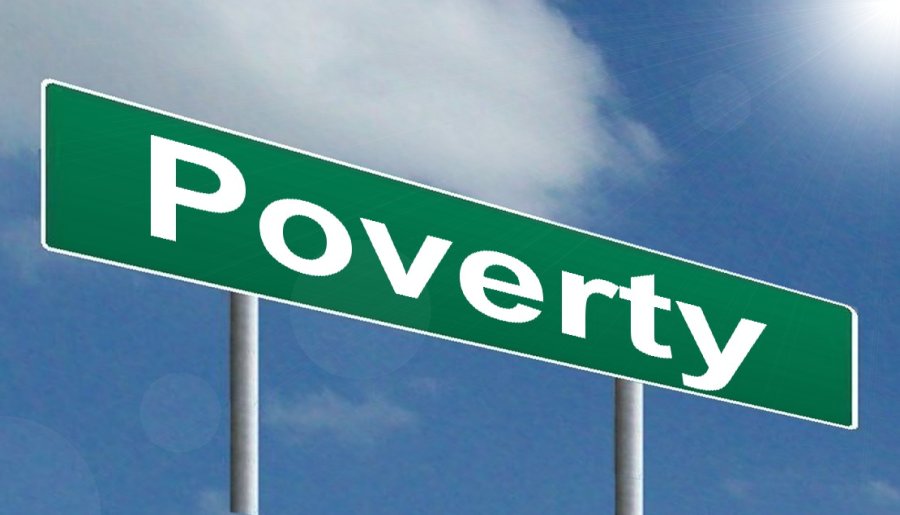“If I give away all I have, and if I deliver up my body to be burned, but have not love, I gain nothing.” 1 Corinthians 13:3
This past Sunday we finished our series on politics by looking at poverty. It is an admittedly difficult topic to address no matter how you look at it. More than that, it is an overwhelming topic to consider as the needs are so many, and so few “solutions” seem to be working.
But there is one aspect to poverty relief that the Bible emphasizes continually, which is often overlooked in our modern responses to poverty, especially governmental responses: the priority and value of personal love. That may sound trite, but think about it.

Poverty is not merely a material or financial issue, as most now recognize. Poverty is usually influenced by relational, emotional, psychological and spiritual factors. People need hope, confidence, healthy relationships and the development of their character. In other words, they need people to truly love them in tangible ways: to commit to them, walk through difficulties with them, challenge them, encourage them, and hold them accountable.
Marvin Olasky, in his book The Tragedy of American Compassion describes how Americans in the early 19th century thought about poverty: “The crucial understanding was simple yet profound: people got by when other people took a personal interest in them. Ministers told their congregations that it was fine to contribute money, but the larger need, and more difficult task, was personal.”
This approach to poverty is present today, but it often gets overshadowed by large-scale programs and policies. Surely, there is a place for programs and policies, but we must not think that resources can replace relationships. No amount of money or food or housing will ultimately fix poverty.
Consider Paul’s shocking statement: “If I give away all I have, and if I deliver up my body to be burned, but have not love, I gain nothing” (1 Corinthians 13:3). This is offensive to many convictions about poverty today. Paul says that extreme generosity, without love, gains you nothing. Trusting the government or non-profits or food banks to handle poverty, in and of itself, does not make you compassionate, and is not a form of righteousness.
We tend to think that the important thing is the meeting of needs, and whatever most effectively meets needs is sufficient. And we downplay our hearts and motivations, which are often simply to pat ourselves on our back that we did something. But God’s word says the condition of our hearts is the first priority. Do we truly love one another, or are we cold, selfish, and unmoved?
In addition to providing real help, this approach has one more benefit: it keeps us from being crippled by the overwhelming nature of poverty on the national or global scale, and motivates us to actually do something tangible and powerful right where we are at. Most of us have people in our lives, churches, neighborhoods, schools that suffer some lack, whether material, financial, relational, psychological. We don’t have to look far to find opportunities to address poverty.
May we as Christians be known for this in-the-trenches, committed kind of love. It is what Christians are uniquely motivated to do (because it is what Jesus has done for us in our poverty) and uniquely empowered to do (because of God’s Spirit in us).